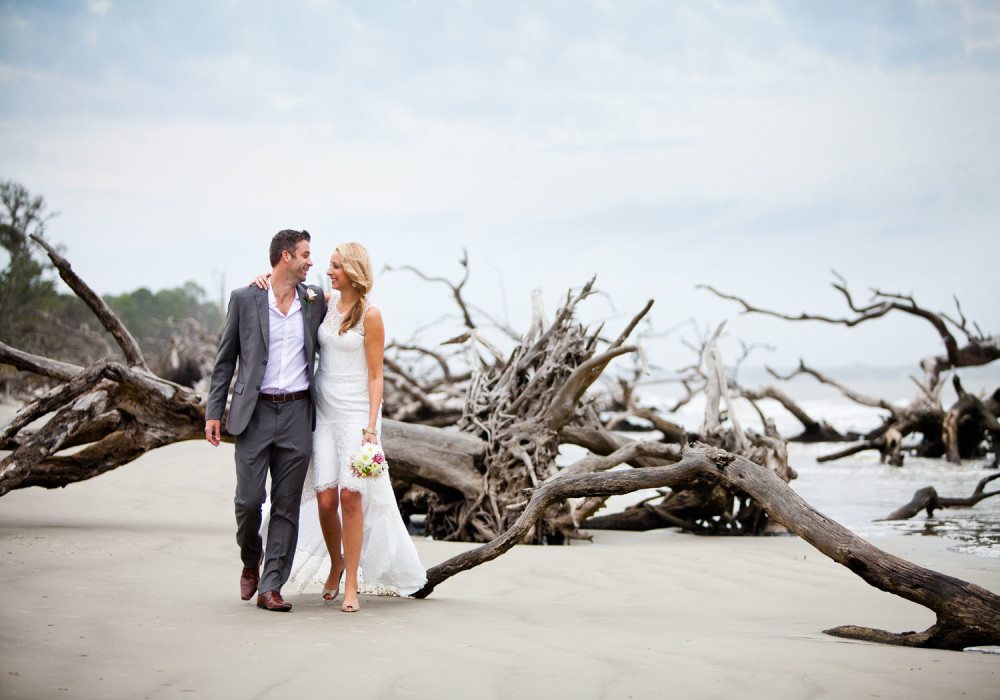Wedding planning may be fun but is also full of challenges, and organizing an out-of-state wedding brings its own challenges and nuances. Whether you’re hosting your dream destination wedding or getting married in a historically significant location to your family, creating a realistic, comprehensive budget is a crucial aspect of your planning process. This guide breaks down the logistics of pulling off an out-of-town wedding while keeping the stress and potential for financial disaster at a minimum.
Thoroughly understand scope of your wedding
Before you dive into the numbers, lay a foundation. Consider the following:
Guest Count: What is the number of guests you’re inviting? More guests mean more expenses for food, travel and lodging.
Wedding style: Will you have an intimate beach ceremony or a grand celebration at a luxury venue? The style you choose will greatly affect your overall budget.
Location:The cost of living and wedding resources can vary greatly from state to state (consider how you tend to view deal hunting, too).
Set a Total Budget
Set a realistic budget for your wedding. Talk money with your partner and any family members who are adding to the wedding pot. Remember that weddings that aren’t in your state come with additional costs, including travel and shipping fees. Always allocate a contingency fund (minimum 10–15%) for unpredicted expenses.
Prioritize Your Expenses
Have a conversation about what elements of the wedding matter most to you. Common priorities include:
Choose a venue that aligns with your vision and is able to comfortably house your guests.
Photography + Videography: Create memories to last a lifetime.
Food and Beverages: Make it memorable for your guests.
Invest more of your budget on these high-priority components while reducing the less important aspects.
Break Down Costs
Break down your budget into categories and project how much everything will cost. Some common categories you’ll want to include in your wedding budget are:
Venue: Rent payment, insurance and any additional setup or cleanup fees.
Travel: Airfare, gas or rental cars for you, your partner and immediate family.
Accommodations: Hotel rooms or vacation rentals for guests, including where you will stay.
Vendors: Catering, flowers, photography, music, and officiant services.
Dressing: Wedding dress, man’s suit or tuxedo, and alterations.
Decor: Centerpiece, lighting and signage.
Transport: Shuttle services or rental cars available for guests.
Miscellaneous: Invitations, favors and whatnot.
Research and Compare Prices
Planning weddings out of state often takes a lot of research. Do use the internet and local recommendations to:
- Find reputable vendors.
- Get multiple quotes to make sure you’re getting the best price.
- Read reviews and look at portfolios to guarantee quality.
- If you can, plan a pre-wedding visit to meet with vendors and tour venues. This could ultimately spare you from expensive blunders down the line.
Account for Travel Expenses
Travel is a huge cost for weddings that are not local. Budget for the following:
Flights: Purchase tickets in advance to get better pricing.
Baggage Fees: Consider extra luggage fees if you’re carrying wedding clothes or decorations.
Transportation: Book car rentals or rideshares in the wedding destination.
If your budget allows it, consider covering travel expenses for close family members or the members of the bridal party.
Consider Accommodation Costs
Consider how a lot of friends attending your wedding will be touring, and their lodging wants. Options include:
Room Blocks: A block of hotel rooms reserved for your guests at a discounted rate.
Notably: Vacation Rentals: Rent a space and share it, especially if it’s a big property.
Subsidies: Give a stipend to cover accommodation for immediate family or the bridal party.
Consider Shipping and Rentals
Shipping items to an out-of-state wedding venue. You should account for these expenses in your budget:
Shipping wedding clothes, decorations or favors.
Renting equipment: tables, chairs, audio-visual gear locally.
Utilize Local Vendors
Local vendors can help you save both time and money. Local vendors know the area and can provide packages that are inclusive of what you need. And you won’t be faced with the cost of flying and housing vendors from your hometown.
Use Technology in Order to Plan
Use online tools to keep track of your wedding budget. Apps and spreadsheets can assist you in the following ways.
- Track expenses.
- Automate reminders for vendor deposit payments.
- Adjust allocations as needed.
Save with Off-Peak Scheduling
If possible, book your wedding in the off-season or during the week. Whether you choose a Saturday or a Sunday or a Friday, many venues and vendors have their non-peak times, where they give discounts and save you a lot of money.
Read This Next: Communicate Clearly with Guests
Share travel and accommodation information and wedding schedule. Set up a wedding website or add this info to your invites. This reduces confusion and enables guests to plan their trip smartly.
Review Contracts Thoroughly
Carefully read through any contracts before signing with vendors. Watch for hidden fees and understand cancellation or refund policies. This measure can lead to avoiding financial surprises you weren’t aware of.”
Stick to the Budget
After you’ve set your budget, commit to following it. Make sure you keep track of your spending and don’t allow yourself to be tempted into buying non-essentials. Keep in mind that the whole point is to celebrate your love free of financial stress.
Conclusion
Nutting for an out of town wedding requires some planning, research, and communication. With careful budgeting, you can have the wedding of your dreams without maxing out your credit cards. Having this guide means that you are well on your path to making your dream wedding a reality, no matter which location it takes place in.
For More Articles Click
